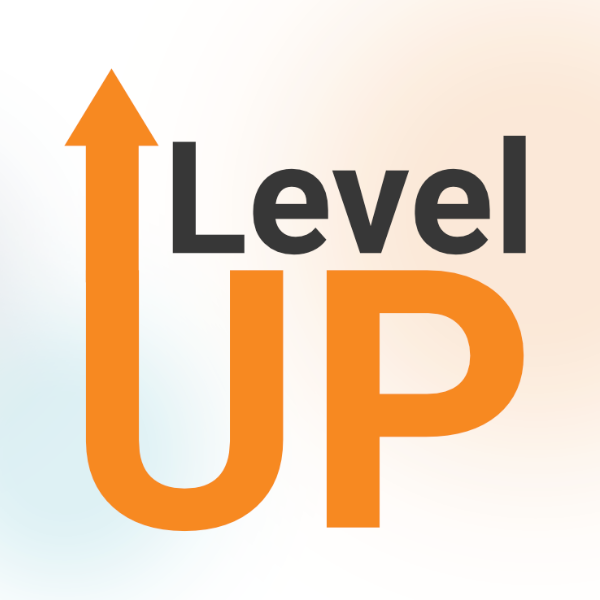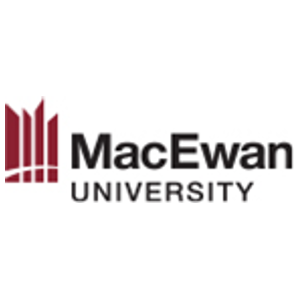- Portals
-
-
 Vancouver, British Columbia, Canada
Vancouver, British Columbia, Canada -
 Edmonton, Alberta, Canada
Edmonton, Alberta, Canada
-
- Categories
- Data analysis Volunteer organizing Community engagement Grant writing Social sciences
Skills
Achievements
Latest feedback
Team feedback
Team feedback
Team feedback
Recent projects
Non-Profit Grant Writing
We are looking for assistance in finding and completing grant applications that will help us secure funding for improving our local theatre program. I am hoping to find a student who could do research in seeing which grants may be available and then writing the applications on our behalf with our support. We believe this project will include: Assist with defining a company-identified community problem and defining the scope of a corresponding project. Develop a needs statement that characterizes the community problem and justifies the need for our project and funding. Identify potential sponsors and funding opportunities that are a good fit for our organization and project. Interpret a request for proposal (RFP). Create clear and persuasive proposals for funding.
LevelUP - Crafting a 'playbook' for community-based research project
To craft the draft template for a playbook as the 'final step' of a community based research project. During the Fall 2021 term, students from MacEwan's ethnographic methods class conducted and analyzed interviews with a key stakeholder working at the City of Edmonton. Our goal is to craft a template of the playbook that could be published - as part of the knowledge translation activities of this research project. If you intend on applying and do not yet have a Riipen account, please use the following access code when prompted: F5E88AC72126. Please note: You must be a Canadian citizen. Please use your MacEwan email to register
LevelUP - Research Assistant - Linguistic Landscape Project
The research assistants will support the research initiatives under the guidance of research faculty. Research assistants will contribute to a linguistic anthropology research project that will assess the presence of Indigenous languages within the linguistic landscape of Edmonton, primarily in central areas of the city, and also will involve literature review on related topics.
Market Research
To provide an in-depth market analysis for Ofori providing educational services by a registered nurse on the harms and risks associated with skin bleaching, hair relaxers, and hair extensions. The focus is on numerical data to evaluate industry size, market potential, competitive landscape, strategic positioning, and validation of market opportunity. 1. Industry Size and Market Potential Market Size Estimation: Global Market: The total market value of the beauty and personal care industry with a specific focus on skin bleaching, hair relaxers, and hair extensions. These segments ' historical and projected growth rates over the next 5-10 years. Regional Markets: Market size and growth rates by key regions (e.g., North America, Europe, Asia-Pacific, Africa). Demographic analysis to identify regions with high usage rates and potential educational needs. Market Segmentation: Consumer segmentation based on demographics such as age, gender, income, and ethnicity. Analysis of consumer behaviours, attitudes towards product safety, and awareness levels regarding the harms of these products. Trends and Drivers: Key trends influencing the market, such as increasing consumer awareness of product safety and health risks. Primary drivers including cultural practices, societal pressures, and fashion trends. 2. Competitive Landscape Major Players Analysis: Identify and profile key competitors offering similar educational services or promoting safe alternatives. Analyze their market share, communication strategies, and educational outreach programs. Communication Objectives and Strategies: Overview of competitors' marketing and communication strategies, including their focus on health and safety. Analysis of their digital presence, social media engagement, and messaging strategies. Pricing Strategies: Comparative analysis of pricing models across competitors providing educational services. Insights into the pricing of alternative products and consumer willingness to pay for educational content. 3. Strategic Positioning of Our Brand Narrow Target Market: Define a specific target market, such as health-conscious consumers, parents, and individuals concerned about the long-term effects of these products. Focus on addressing specific concerns such as potential health risks, safer alternatives, and long-term wellness. Brand Differentiation: Highlight the unique aspects of the nurse-led educational approach, emphasizing medical expertise and evidence-based information. Develop key messages that emphasize the importance of health, safety, and informed decision-making. Value Proposition: Craft a compelling value proposition that positions the business as a trusted source of education and advocacy for safe beauty practices. Emphasize the benefits of making informed choices and the potential health improvements from avoiding harmful products. 4. Validation of Market Opportunity Surveys and Interviews: Conduct surveys and interviews with potential customers to gauge interest, awareness levels, and demand for educational services. Analyze feedback to understand consumer needs, concerns, and willingness to engage with educational content. Focus Groups: Organize focus groups to test educational materials and gather qualitative insights on their effectiveness and reception. Assess the perceived value and impact of the educational services. Pilot Programs: Implement pilot educational programs to measure engagement, effectiveness, and participant outcomes. Collect data on participant satisfaction and changes in awareness or behaviour.
